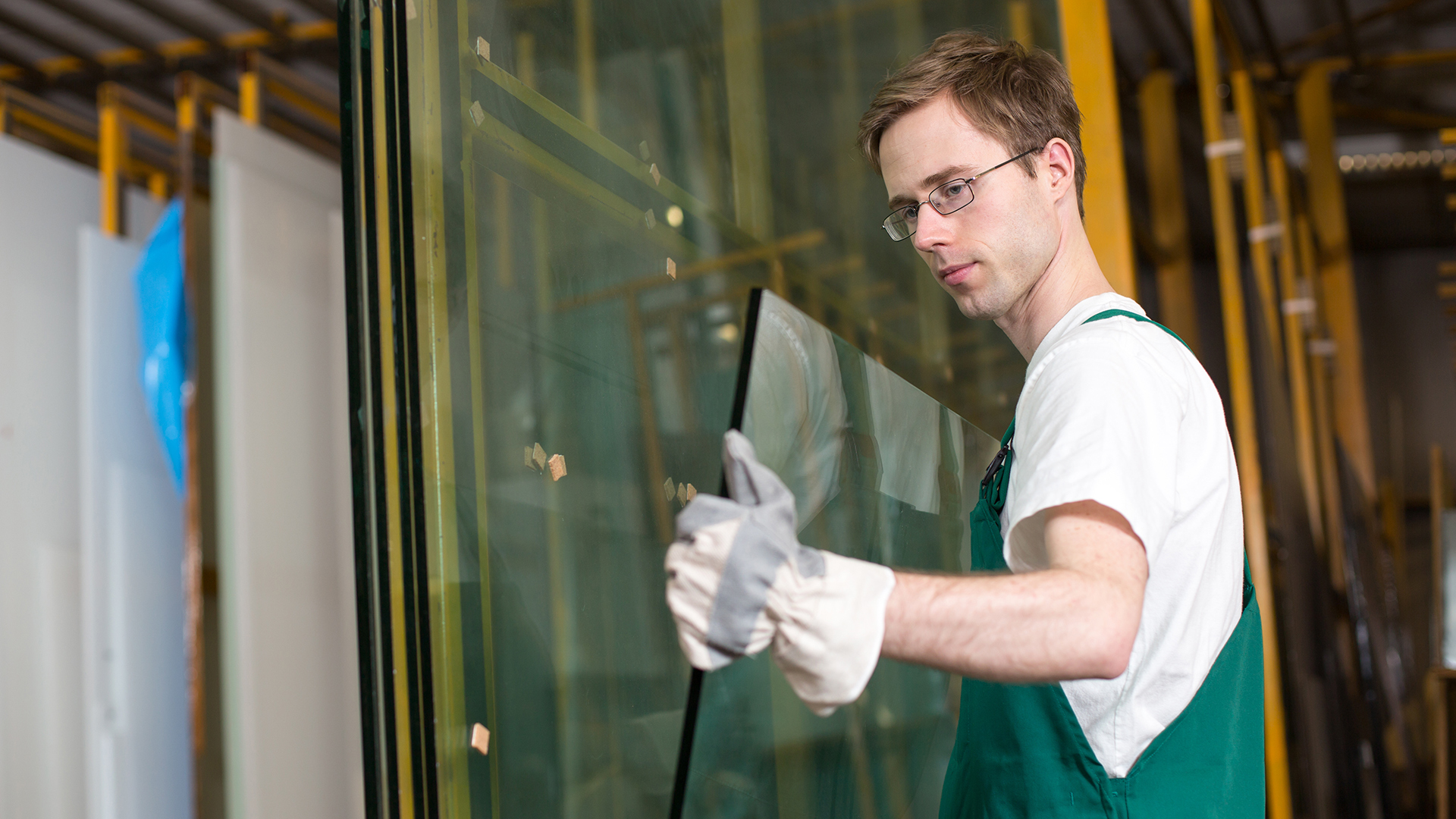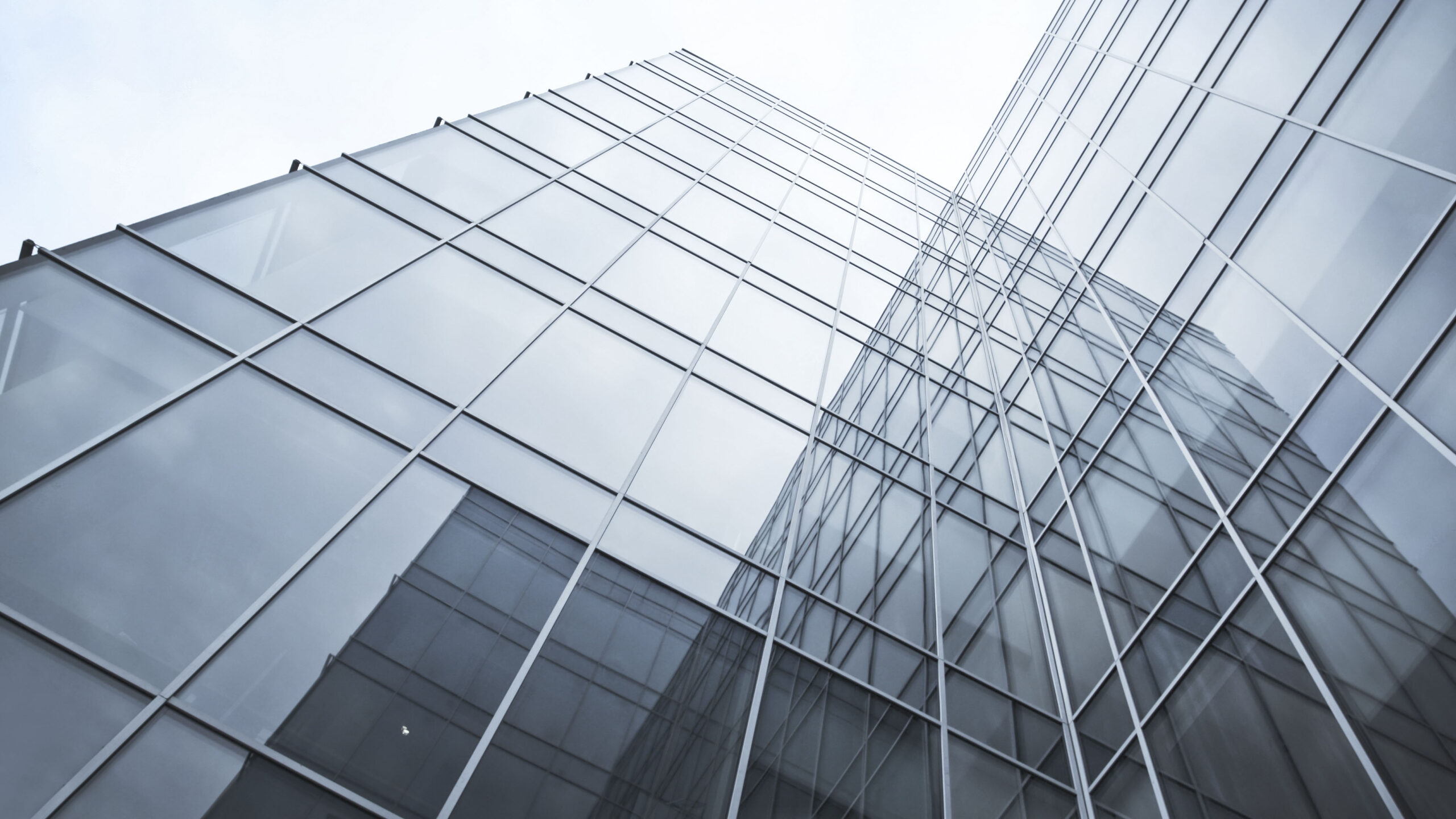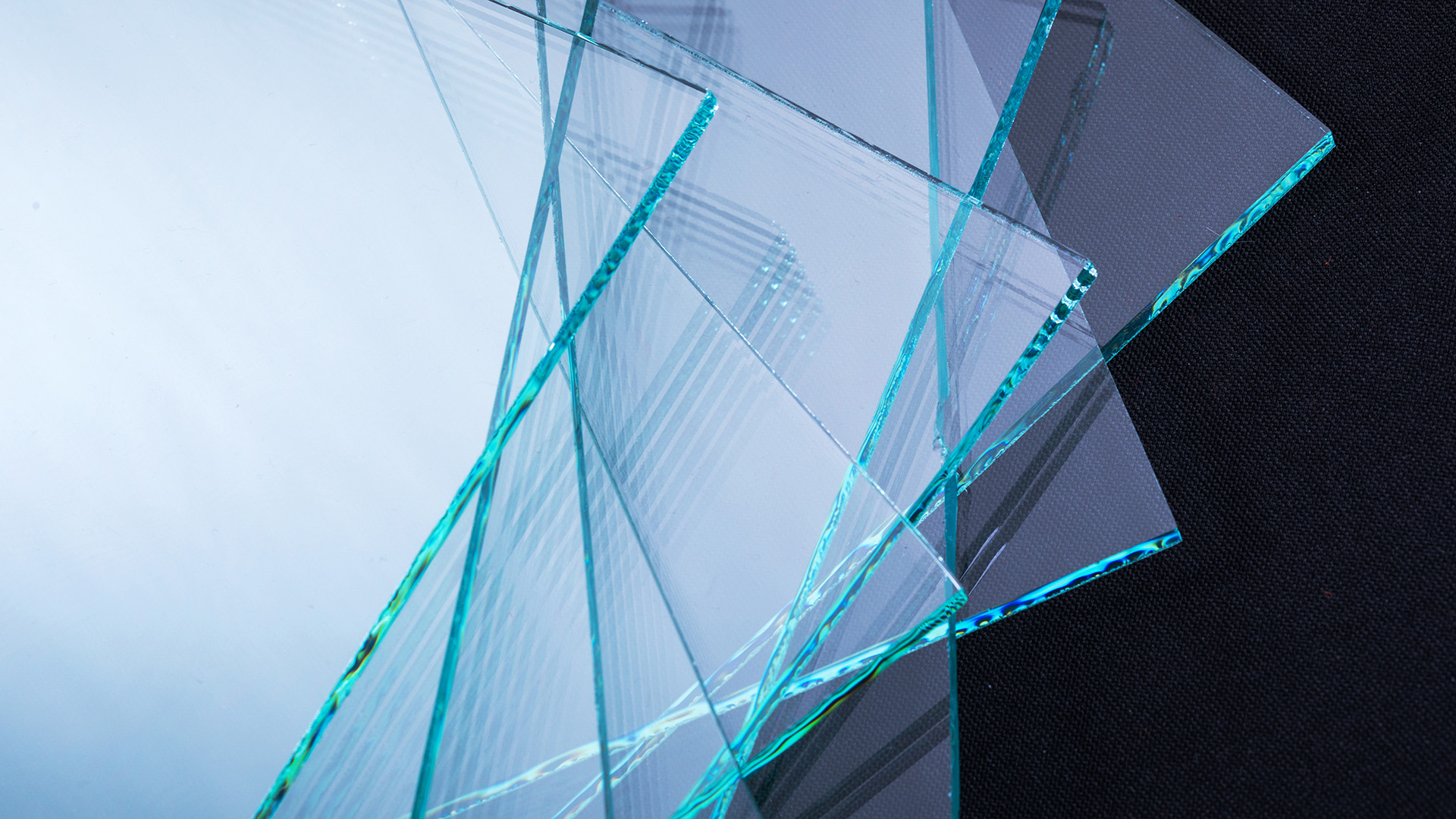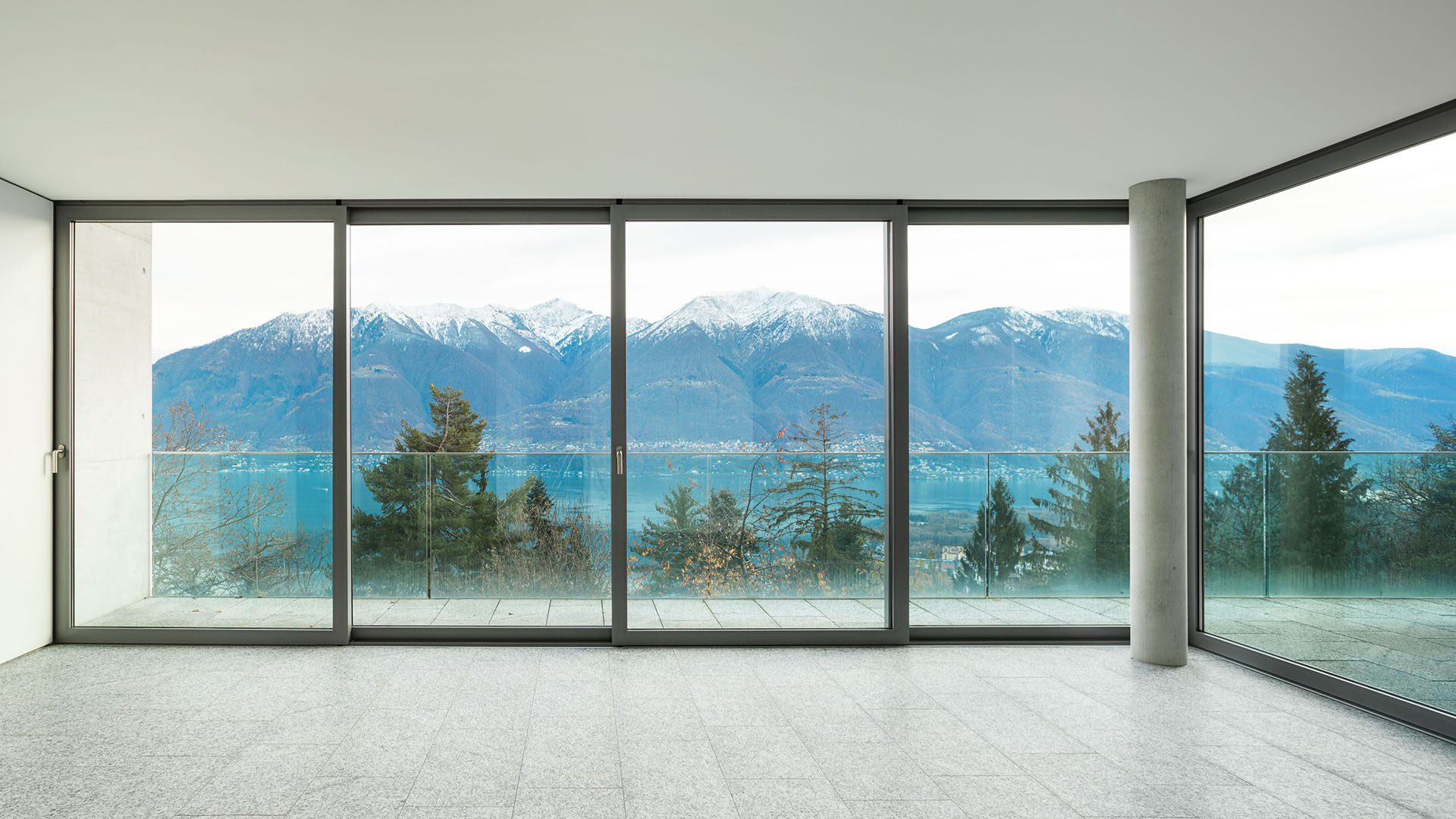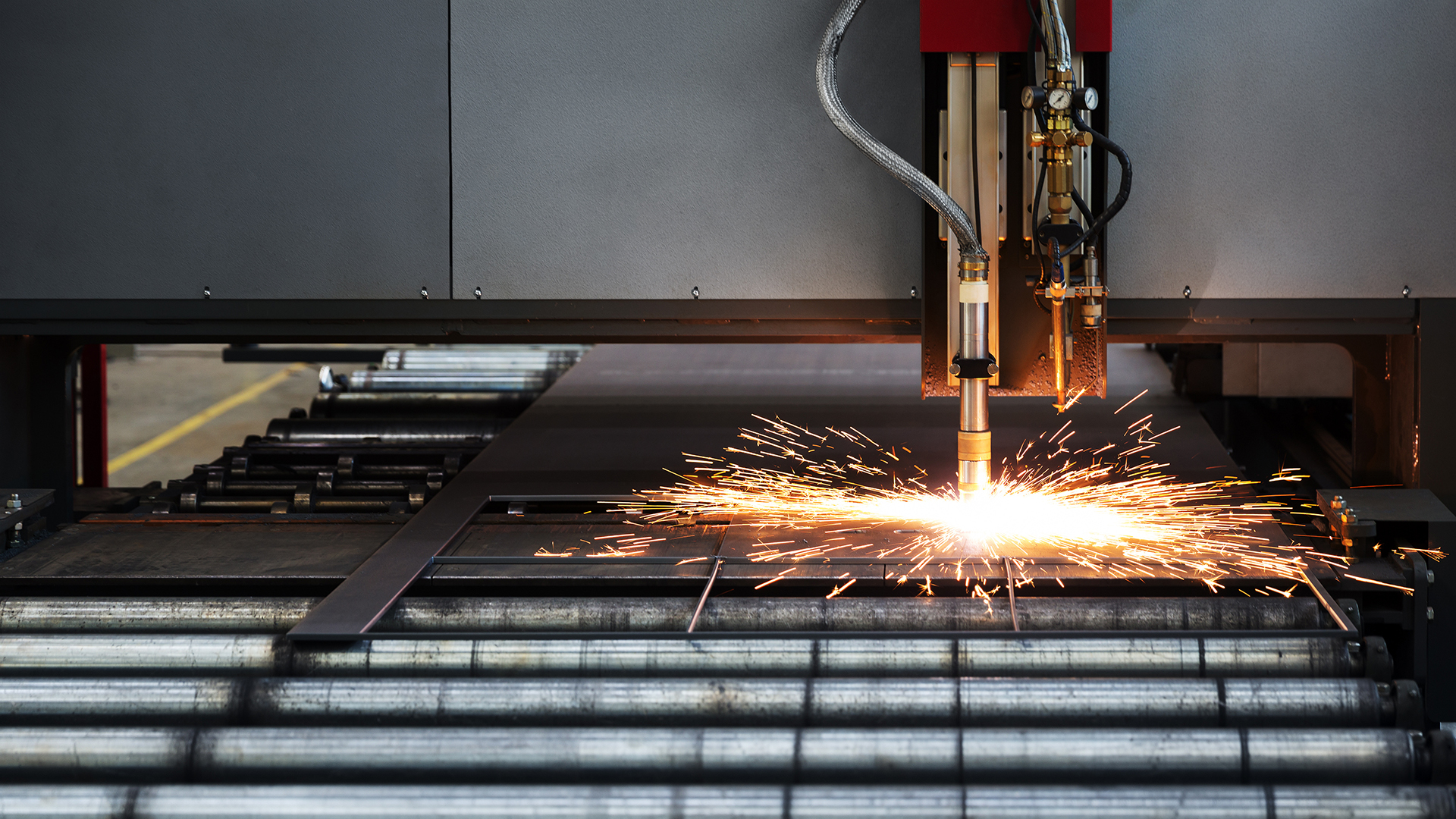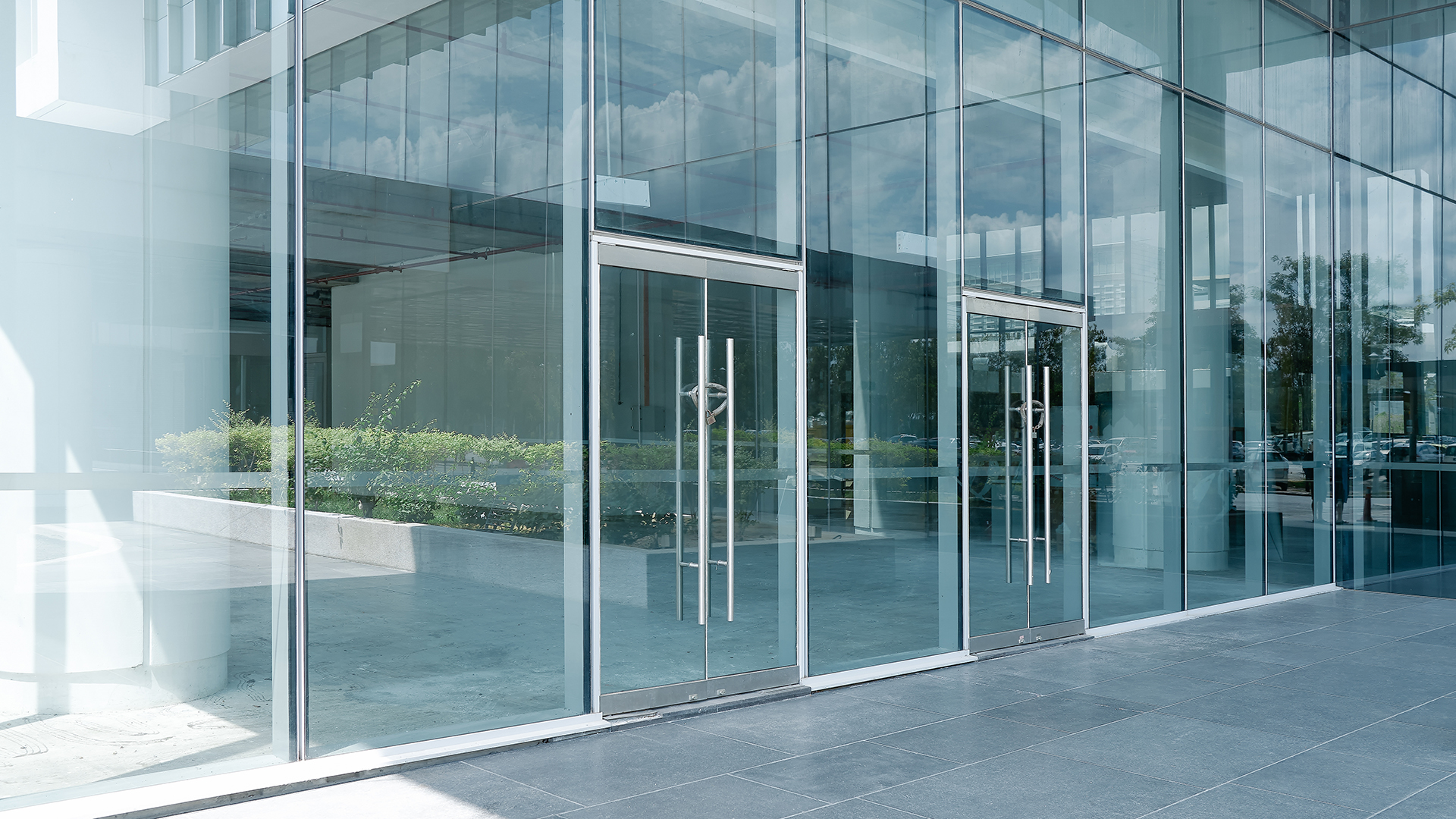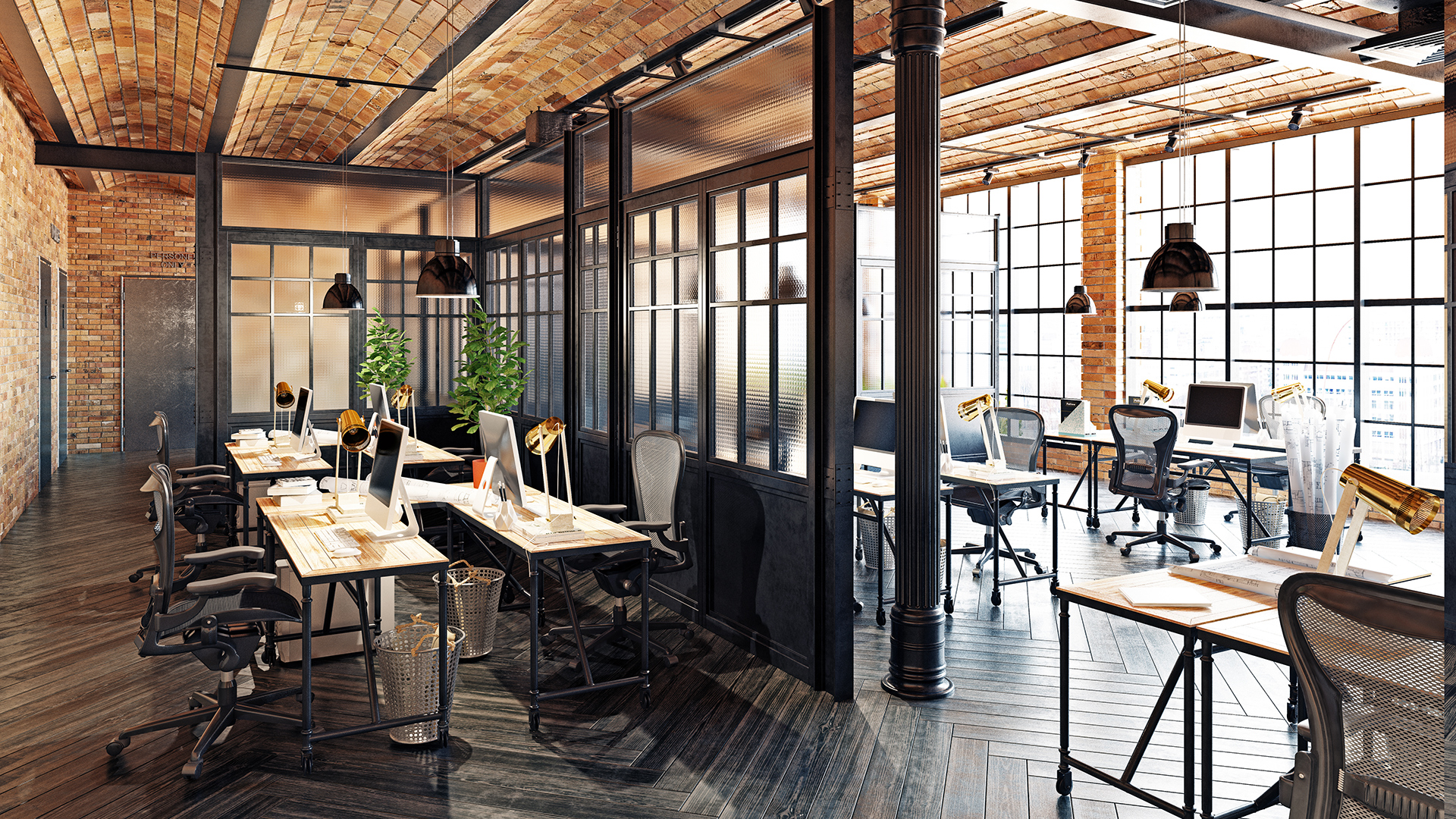Selecting the correct glass and metal type for a business can be challenging. When making this decision, it is crucial to consider factors such as cost, durability, functionality, and aesthetic appeal. This article will discuss the various materials and advise on making an informed decision when selecting the appropriate materials.
Factors Affecting the Functionality of Glass and Metal
When choosing the right type of glass and metal for a business, many factors come into play. It is necessary to consider functionality, environmental impact, and cost.
The most common types of metals used in businesses are stainless steel, aluminum, brass, bronze, copper, and zinc alloys. Each one has its advantages and disadvantages when it comes to durability and corrosion resistance. Stainless steel is the most popular choice due to its low maintenance requirements and long-lasting performance. It is also resistant to rusting or corroding over time, making it ideal for outdoor applications like fences or gates.
Aluminum is another option that is lightweight yet strong enough for outdoor use. It does not require additional protection from rusting or other elements since it naturally resists corrosion. Brass and bronze are highly durable options, but they may require more upkeep than other materials if regularly exposed to harsh weather conditions such as rain or snowfall. Copper and zinc alloys are two less commonly used metals but can still be beneficial depending on what type of application needs to be filled.
Each type of glass offers different benefits based on its properties; tempered glass provides increased safety, while laminated glass reduces noise pollution from outside sources. Tinted glass helps reduce glare from sunlight which can help keep interiors cool during hot days without needing air conditioning units running full time. All three offer varying levels of energy efficiency according to how much insulation they provide against temperature changes indoors versus outdoors. Additionally, each type has an associated environmental impact regarding emissions released into the atmosphere when manufacturing them and their disposal afterward (i.e., recycling). Understanding these differences will allow you to make an informed decision about which material best suits your needs without compromising the sustainability goals set by your organization.
Durability Requirements for Glass and Metal
When choosing glass and metal for a business, it is vital to consider the needs of the business. Durability requirements must be considered when determining which material best suits the purpose. Each material’s strength and longevity should be compared against expected usage to ensure that materials last over time.
Glass can come in various forms, such as tempered or laminated safety glass; both are highly durable but have different applications depending on the specific use. Tempered glass is heat treated to shatter into tiny pieces upon impact. Thus, making it ideal for areas where extra protection may be needed. Laminated glass consists of two layers of glass with a layer of plastic between them, offering superior strength over regular window glass and some soundproofing capabilities.
Metal construction provides increased durability while still allowing flexibility in design options since metals like steel can be formed into almost any shape desired. Steel’s resistance to corrosion allows it to remain strong despite exposure to harsh conditions, making it an optimal choice for outdoor structures like fencing and handrails. In comparison, aluminum offers lighter weight but less corrosion resistance than other types of metal. However, its ability to withstand extreme temperatures makes it suitable for specific applications such as commercial kitchen equipment.
In assessing which material will work best for a particular application, businesses must evaluate their environment and current and future needs. Then decide if either glass or metal would meet those criteria efficiently enough for sustainable long-term performance.
Safety Regulations
When selecting glass and metal for commercial use, safety regulations must be taken into consideration. It is important to ensure that the materials chosen meet any relevant building codes or standards to protect occupants from potential hazards caused by poor-quality materials. In addition, businesses should make sure that their suppliers are reliable and trustworthy. This can be done by researching reviews of different vendors before making a purchase decision. Furthermore, keeping up with the latest trends in glass and metal products is beneficial to choose materials that will best suit the needs of clients and staff.
The selection process can be more straightforward by consulting an experienced professional who understands industry-specific trends and requirements. An expert can help identify the most suitable type of glass and metal for a particular application. Then, provide advice on how to maintain these materials over time. Additionally, they may have access to specialized tools such as thermal imaging cameras. These can detect heat loss through windows or insulation problems within walls. By following these steps, businesses can be assured that they have made a safe choice when selecting glass and metal products.
Aesthetic Considerations for Glass and Metal
When selecting the right glass and metal type for your business, aesthetic considerations are key. Customers will notice how professional and unique your design style is by selecting a material that best reflects the architectural features you are trying to achieve. Here are some crucial elements to consider:
Location
Is the installation indoors or outdoors? This affects which materials may be suitable for use in certain climates.
Color
Glass offers a wide range of colors, from muted tones to vibrant hues; metal can be painted any color desired.
Texturing
Both glass and metals have textured options available depending on the look you wish to achieve.
Durability
Durability should also be considered; professional installation ensures longer-lasting results than DIY projects.
Considering these four aspects helps ensure the right choice is made for your business needs. Meanwhile, keeping aesthetics at the forefront of decision-making processes. Ultimately, it’s essential to consider all factors before deciding what materials will best serve your space functionally and aesthetically.
At Certified Metal & Glass here in New York, we understand the importance of selecting suitable materials for the success of your project. It’s essential to research metal or glass and consider specific factors. This includes cost, maintenance requirements, size restrictions, eco-friendliness, and fire safety guidelines. Each material will have its own unique set of specifications.
We are here to provide you with all the information and support you need to make a well-informed decision. We believe that with thorough research, you can rest assured that you’re choosing the best material for your project – and achieving long-term success. Let us help you evaluate your options today and find the perfect metal or glass solution for your business needs!

